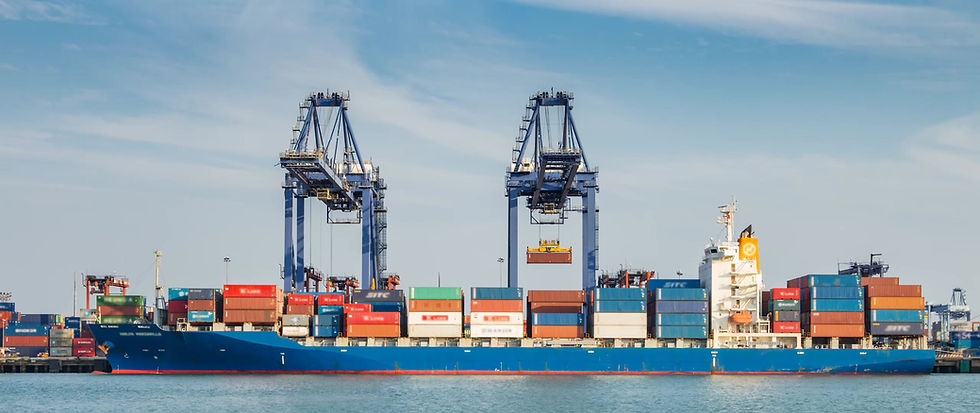
Methodology


As a supply chain management and consultancy company, ISCACS would likely utilize a variety of methodologies, including but not limited to:
Lean methodology:
to identify and eliminate waste in the supply chain process.
Six Sigma:
to improve process efficiency and reduce defects in the supply chain.
Total Quality Management (TQM):
to implement a culture of continuous improvement and customer
satisfaction.
Just-in-Time (JIT) Inventory:
to reduce inventory costs and improve responsiveness to customer demand.
Agile methodology:
to quickly respond to changing customer requirements and market conditions.
Supply Chain Operations Reference (SCOR) model:
to measure and manage supply chain performance.
Decision Analysis and Resolution (DAR):
to help clients make informed decisions regarding their supply chain strategy.

These are some of the common methodologies ISCACS utilize or a combination of these or others to best meet the needs of its clients.
As a supply chain management and consultancy services provider for oil and gas companies, ISCACS would likely utilize methodologies that are specific to the unique requirements of the oil and gas industry, including but not limited to:
Upstream Supply Chain Management:
to optimize the procurement of raw materials and ensure the timely delivery of oil and gas supplies to refineries.
Risk Management:
to assess and mitigate the risks associated with the supply chain, such as political risk, price volatility, and natural disasters.
Downstream Supply Chain Management:
to optimize the distribution and delivery of refined products to customers, including refineries, wholesalers, and retailers.
Capacity Planning:
to optimize the utilization of production and transportation capacities to meet demand and reduce costs.
Inventory Management:
to optimize the inventory levels of raw materials, intermediate products, and finished products to meet demand and minimize waste.
Maintenance Management:
to optimize the maintenance and repair of production and transportation assets to ensure the availability and reliability of these assets.
Logistics Management:
to optimize the transportation and delivery of oil and gas products from the point of production to the point of consumption.
Environmental, Social, and Governance (ESG) Management:
to ensure that the supply chain is in compliance with environmental, social, and governance regulations and best practices.
These are some of the methodologies that ISCACS would likely use to help oil and gas companies optimize their supply chain and reduce costs while ensuring compliance with industry standards and regulations.



